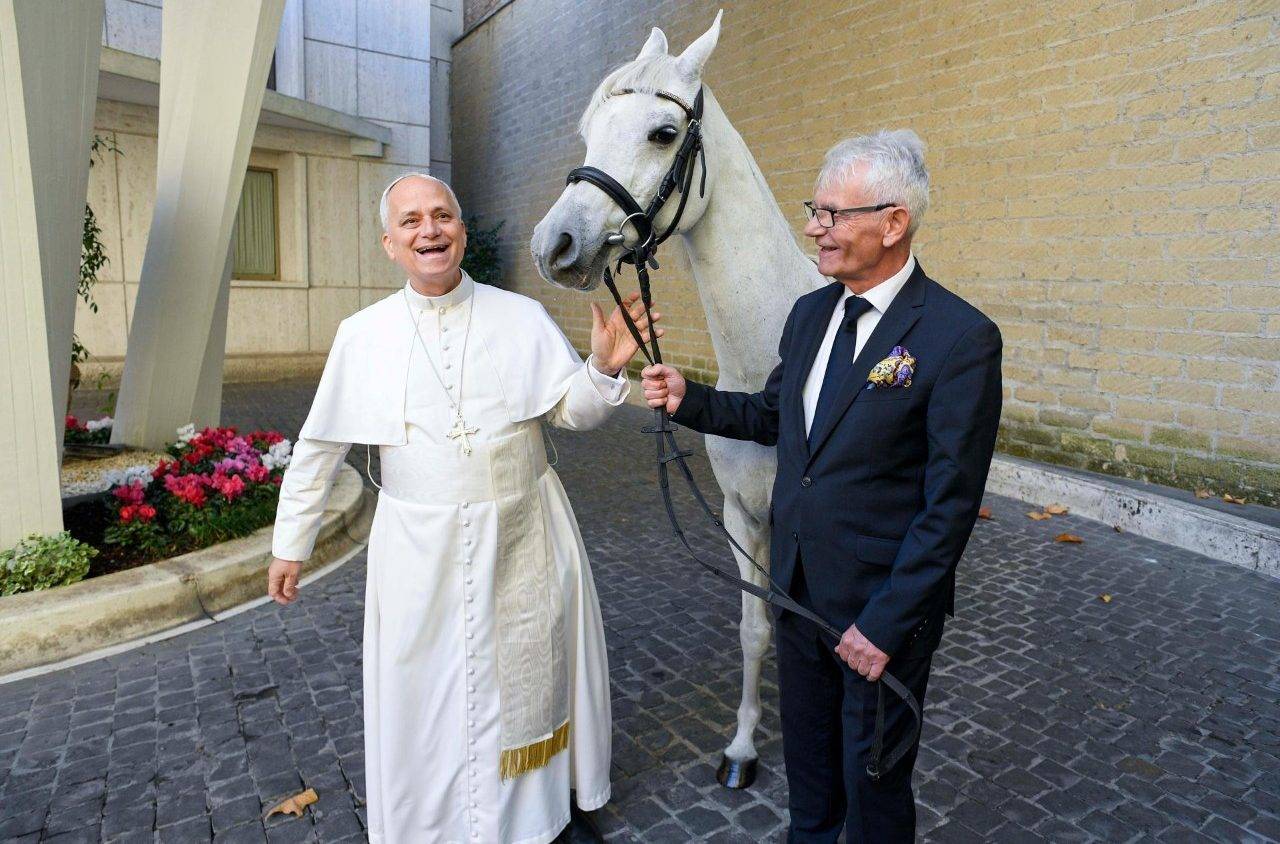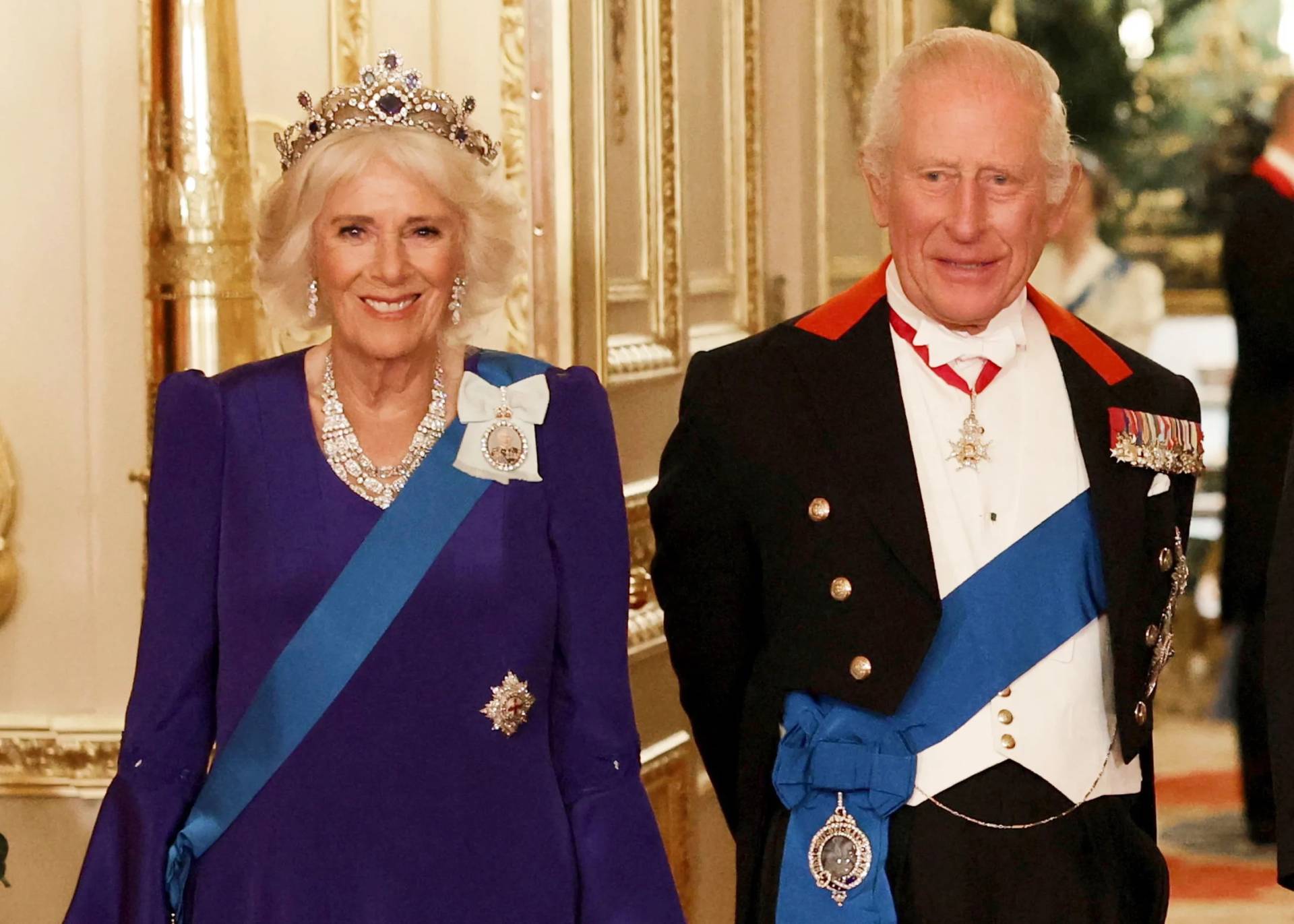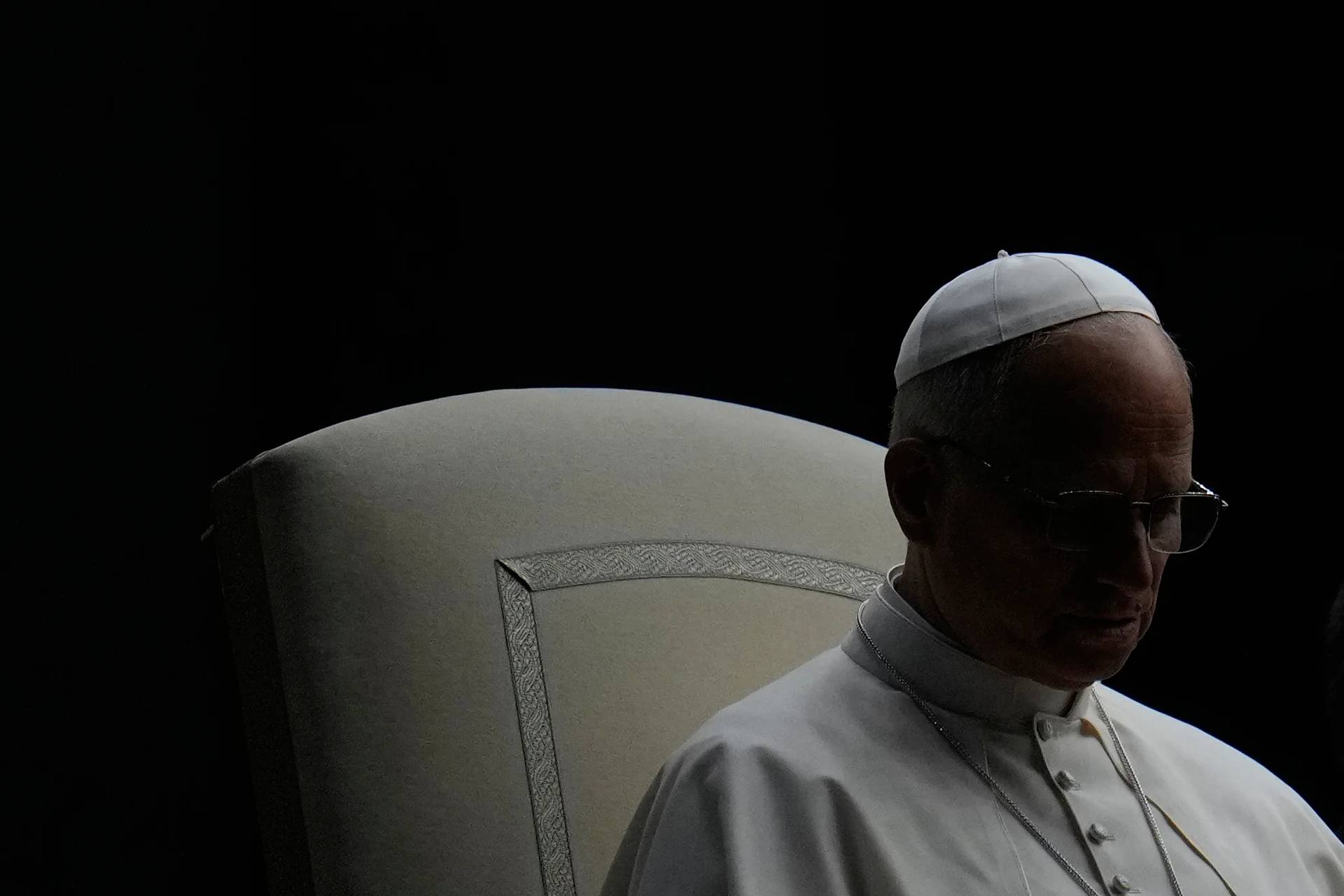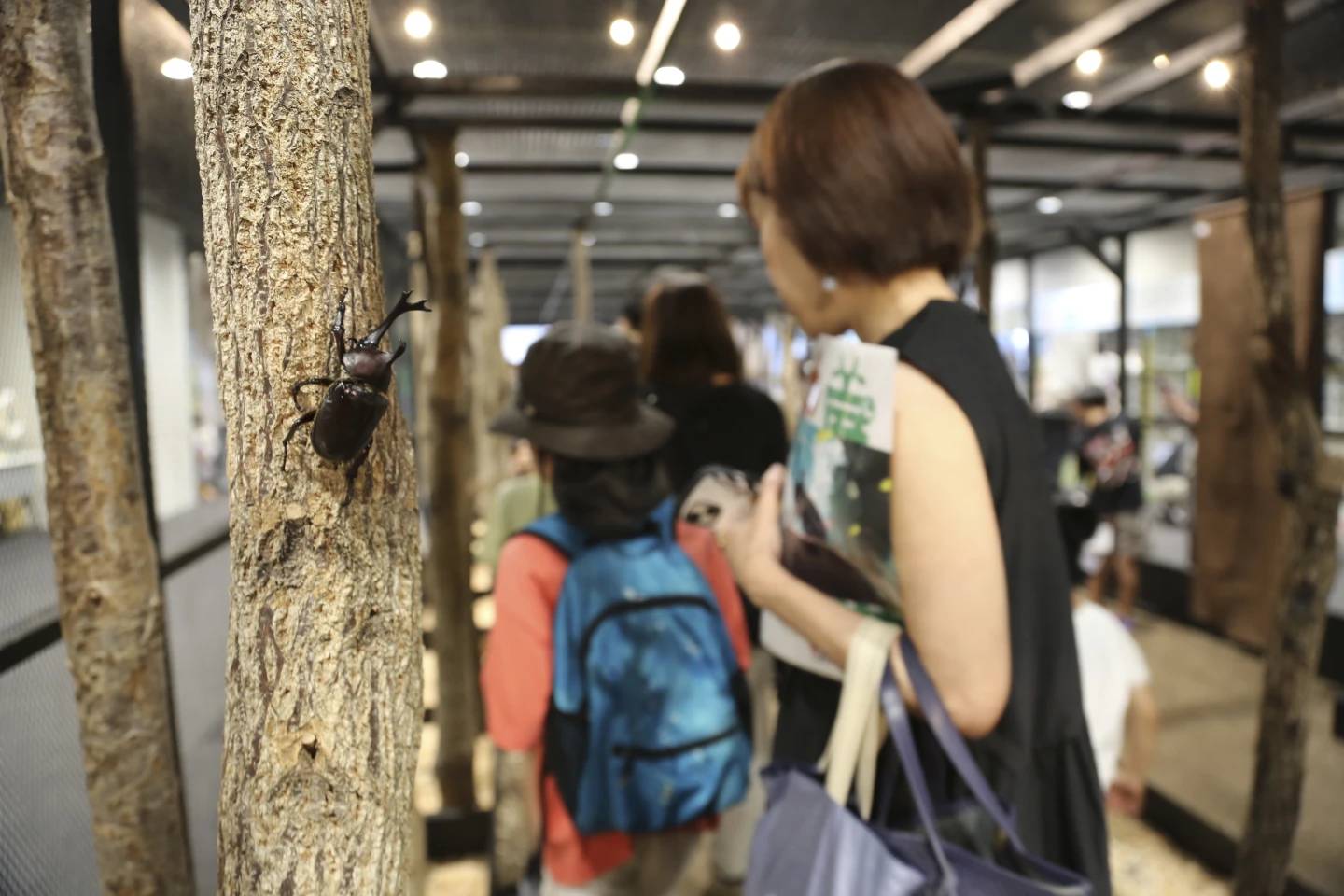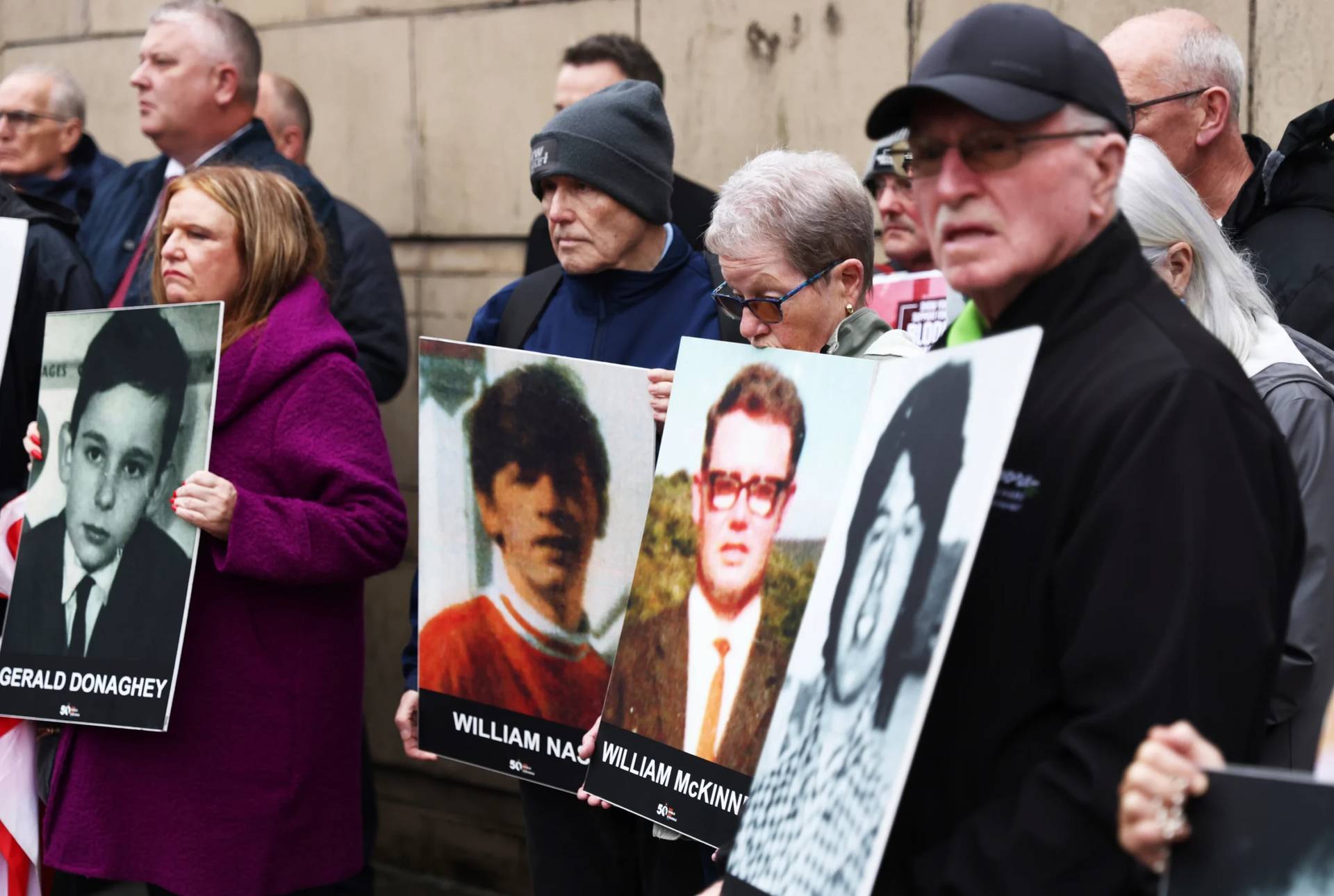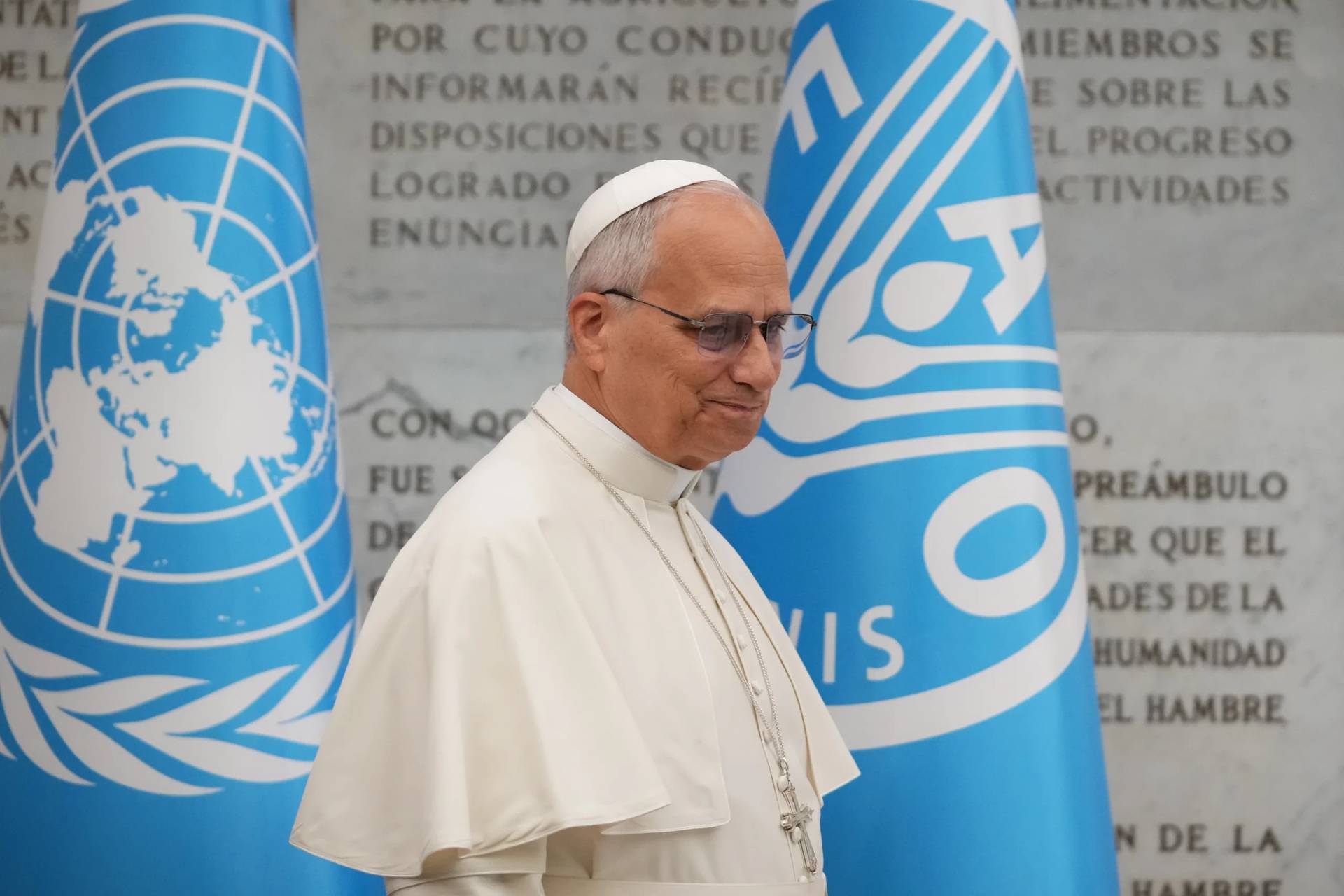ROME – To be honest, Catholic nuns, especially those who work with women enmeshed in prostitution and victims of human trafficking, don’t always seem natural allies of the police, who can have a tendency to sweep up some of those victims in anti-prostitution raids, which can lead to prosecution or, perhaps, deportation if they lack the necessary documents.
Yet some time ago, a police official in metropolitan London realized that if his officers were going to get on top of the massive illegal industry that human trafficking represents, he needed access to the information networks – the “eyes and ears” – that parishes and religious orders represent, especially religious sisters who are on the front lines.
That same official, Kevin Hyland, who today serves as the UK’s first Independent Anti-Slavery Commissioner, also came to a very practical conclusion – trafficking victims cared for by the sisters, without the fear created by being caught up in a government-run system when they may not speak the language or have the proper documents, simply made much better witnesses, which led to more successful prosecutions.
Thus a partnership was born in London, which has since grown into a loose global network involving more than 30 countries and under the sponsorship of Pope Francis himself, known as the Santa Marta Group, named for the Vatican residence where the pope lives. The group has been meeting Thursday and Friday for the fifth time since it was launched in April 2014.
At the beginning, “there was a bit of natural suspicion between the nuns and the police,” said Alexander DesForges, spokesperson for the Catholic Bishops’ Conference for England and Wales, who’s been involved in the initiative since the beginning.
“What we soon realized was that by coming together, there was a multiplier effect,” DesForges said. “Because of the Church’s international network, we can reach out, for example, to families [of victims] through religious sisters working with them in, say, the Philippines or Romania, and those are resources the Metropolitan Police don’t necessarily have.”
DesForge said police soon realized that those resources were especially important “post-bust,” both in terms of gathering evidence and also for victim care.
It was Cardinal Vincent Nichols of Westminster, DesForge said, who suggested taking the project to Rome, and it quickly received the endorsement of Francis, for whom the effort to fight human trafficking has been a major social priority since the beginning of his papacy.
DesForges said the Santa Marta group is deliberately small at its core, because “this can’t be a centralized command structure … what works in London won’t necessarily work in Abu Dhabi, or Nigeria.”
In essence, the Santa Marta Group functions as a sort of matchmaker, connecting police in Chicago or Paris investigating a sudden uptick in trafficking victims from, say, the Democratic Republic of the Congo, with sisters and other Church leaders in that country familiar with the supply side of the equation, figuring out what they can do together both to identify perpetrators and to care for victims.
William Canny, executive director of Migration and Refugee Services for the United States Conference of Catholic Bishops, who’s taking part in his third meeting of the Santa Marta Working Group this week, said he’s been impressed by how the network attracts “top cops” from all over the world.
“These are people who are running operations against trafficking, who are running cities or districts, sometimes whole countries, with extensive smuggling and trafficking issues, usually in the context of organized crime.”
Canny echoed DesForges’ point about the synergy police and church leaders and activists have discovered.
For one thing, Canny said, because church networks, especially religious sisters, are often the ones providing front-line care for victims, they’ve ended up running training programs for police forces on the nature of the crime and its human impact.
Canny also emphasized the “eyes and ears” aspect of the contribution faith-based groups can make.
“Police need to know, what types of trafficking are happening in your area of the country? Together, we can form community leaders and institutions to look out for the signs of trafficking.”
Canny said that as trafficking networks become larger and more sophisticated, all sorts of perfectly legal industries may be exploited or serve as fronts.
“We’re seeing it in carwashes, in the shipping and fishing industries, in agriculture, even in the nail-trimming industry,” he said, adding that he’s aware of situations in which tips from religious groups have at least led to the opening of police investigations.
Canny also stressed that both police and faith-based actors can play a role in maintaining a media “drumbeat” about trafficking.
“The role of the media is critical,” he said. “Not so much in terms of sensationalizing a given case, but keeping this in front of the public.” Research has shown, Canny said, that in countries where “focus weeks” have been organized on human trafficking drawing media coverage, both arrests and rescues go up.
Globally, The International Labor Organization estimates that human trafficking generates roughly $32 billion a year in profits, and claims roughly 40 million victims.
Francis’s own interest in the fight against human trafficking is well-chronicled.
In December 2014, Francis gathered with religious leaders from faiths around the world to commit to ending “modern slavery across the world by 2020 and for all time.” The following year, he declared February 8 as an international day of prayer and awareness of human trafficking.
There are also signs that effort is taking root in local churches around the world, from the Archdiocese of Sydney in Australia launching a major initiative to “slavery-proof” its supply lines to nuns and other activists in Minneapolis ramping up awareness efforts around the recent Super Bowl.
DesForges said the experience of the Santa Marta Group to date confirms the wisdom of a simple intuition.
“When you bring the resources of the Church together with the resources of the police,” he said, “good things can happen.”







